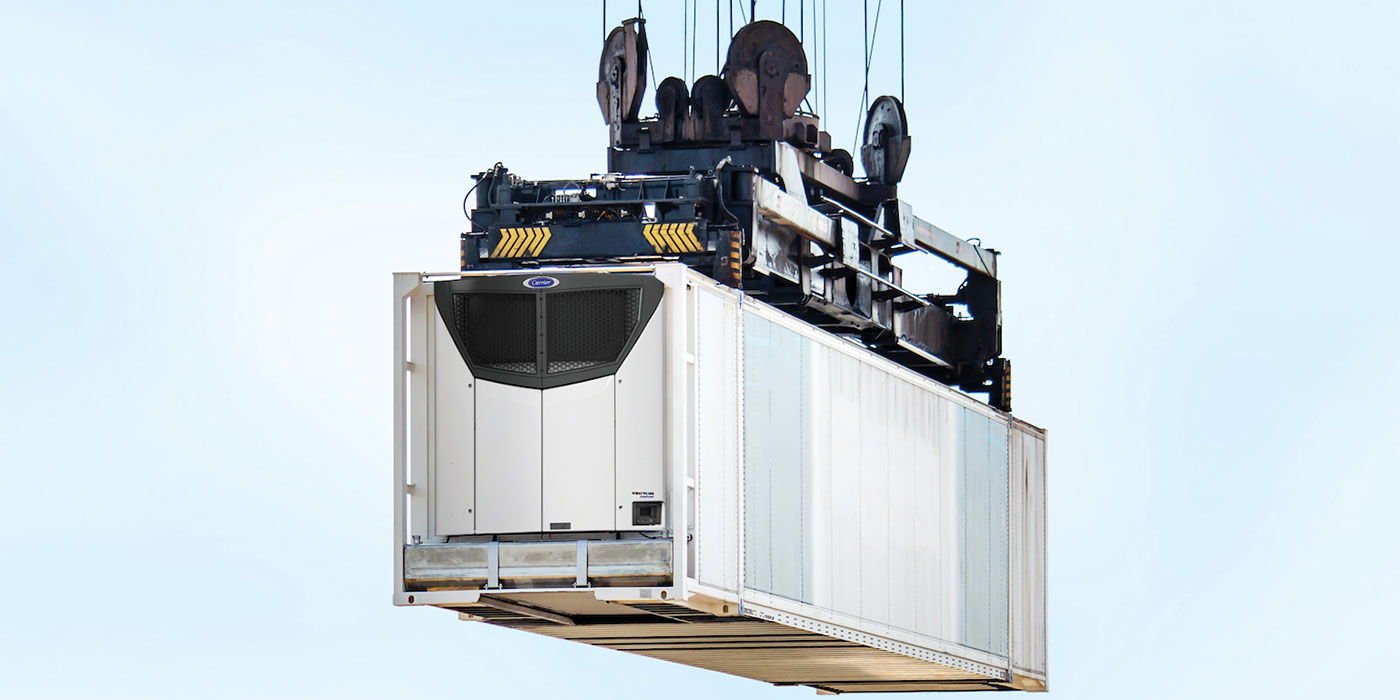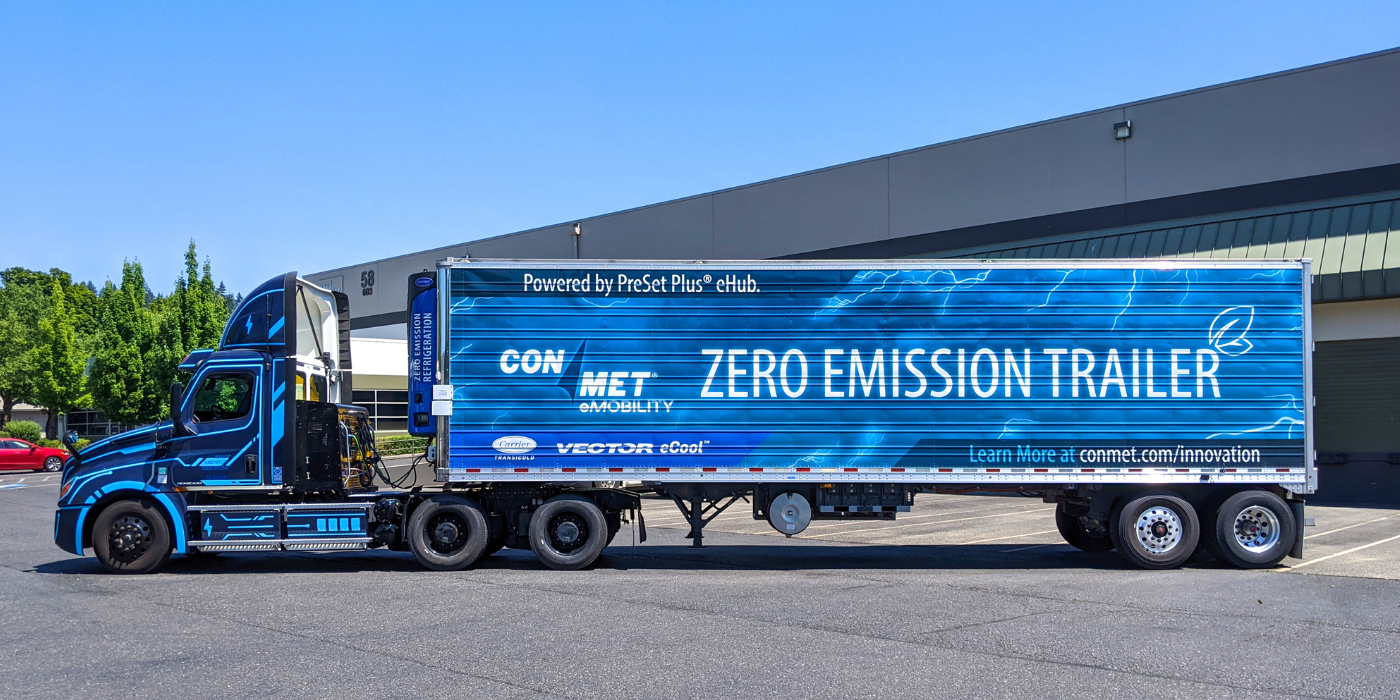The invention of the first mechanical transport refrigeration unit (TRU) in 1938 literally moved the refrigerated transportation industry out of the ice age, a period when using ice and salt was the only practical way to keep perishable shipments from spoiling.
According to Doug Lenz, director of product management for Thermo King, ”The science of refrigerated transportation has advanced dramatically over the last 75 years, with innovations such as nose-mounted units, diesel-powered TRUs, stop-start temperature controls, auxiliary power units and advanced electronics. The next 75 years will no doubt bring about customer-driven innovations in technology, service and operations that are just as impactful.”
Lenz goes on to say that industry leaders like Thermo King, a provider of transportation temperature control systems for mobile applications and a brand of Ingersoll Rand, are applying current and emerging technologies and practices to help their customers solve problems and achieve higher levels of performance with lower total cost of ownership. Following are some of Lenz’s thoughts on what the future holds for the refrigerated transportation industry:
• Fuel economy will be a big driver of innovation. Fuel represents the largest component of total operating costs for most refrigerated fleet operators; fuel prices represent one of their least controllable expenses. TRU OEMs will continue to look for ways to design and build more fuel-efficient engines and to use advanced electronic controls to improve engine performance and reliability and reduce fuel consumption.
• Sustainability will be a watchword for the industry. OEMs have introduced new products that use less fuel with a smaller environmental footprint, enabling operators to comply with federal and state environmental regulations.
• Highly efficient diesel engines will continue to power most refrigeration units. But manufacturers are making advancements with other engine concepts and alternative fuels. For example, fuel-saving hybrid-electric TRU engines are common in the truck and trailer market. With plentiful supply and lower cost, natural gas is emerging as a TRU fuel option, primarily in the short-haul end of the market, at least until adequate infrastructure develops.
• Advances in prognostic capabilities will enable continuous improvement in TRU reliability. The use of predictive software and embedded sensors will detect issues before they become serious problems and monitor mission-critical components to maximize their service life and predict when they might fail so a qualified dealer can intervene.
• Food safety and freshness has become a global priority. Current and pending regulations in Europe, the U.S. and elsewhere place new expectations on food producers, processors and transporters, including the requirement to trace shipments across all links of the supply chain. Advanced TRUs include the capability to track, record and transmit data to help fleet operators establish the location of a particular load at a particular time, as well as document conditions inside the refrigerated container, truck or trailer.
• Whether hauling food, pharmaceuticals, chemicals, cosmetics or some other temperature-sensitive load, fleets are tapping into advanced tracking that uses global positioning system data and advanced wireless communications technologies to provide real-time and historical information about load temperature and asset location, answering operators’ needs for better safety, security and efficiency.
• In addition, they can monitor temperatures and other variables, change setpoints and control parameters, download reports, change operating modes and respond to alarms using any computer, tablet or smart phone that is connected to their secure network.
• Intelligent solutions and advanced analytics give refrigerated fleet operators the opportunity to squeeze even more fuel economy from TRUs. For example, fleet operators and customers can work together using advanced analytics to determine optimal setpoint and control parameters for a particular load. Raising the setpoint by a single degree can yield as much as a 2% improvement in fuel efficiency, according to Thermo King analysis. The need to move food and other temperature-sensitive goods from point of production to point of consumption will continue to grow, with no end in sight.
A slower than expected recovery, volatile fuel prices and more stringent environmental and food-safety requirements make this a challenge for everyone in the cold chain, including those who own and operate refrigerated fleets.



